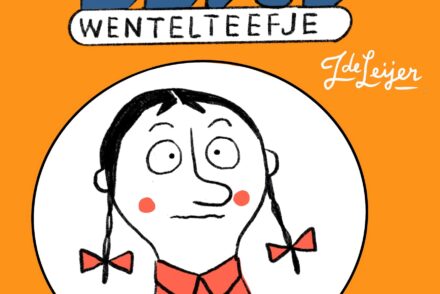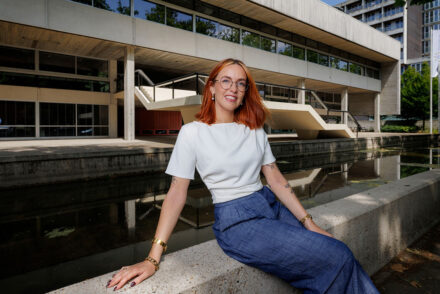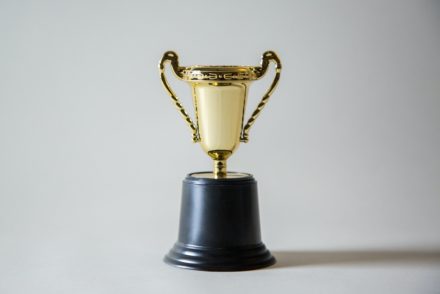“Blogs, Ted Talks and Wikipedia as good sources for a paper”
Ted Talks, blogs of professors, articles in newspapers and Wikipedia should be allowed as sources for academic paper, according to Hans van Driel. The idea that a source must necessarily peer-reviewed is not outdated.
Hans van Driel, media literacy teacher at the University of Tilburg (and vice-dean for education at the School of Humanities) says in an interview with Univers: “The discussion about the use of sources is fuellled by the digitization debate. Some people think that internet sources are less reliable than paper sources. For example, students cannot use Wikipedia as a source. But sources used to be just as reliable or unreliable as they are now. Take an encyclopedia from the 1960s and search the term “homosexuality”. You will find a definition that it is a disease, and such a mindset has been long discredited. It is the perspective of a one unknown author. Then you better use Wikipedia, where entries are discussed and where you can check the background of authors. Of course there is also nonsense in Wikipedia, but it is quickly revised. ”
According to Van Driel, we must abandon the idea that only peer-reviewed sources are reliable. “The degree of reliability is indeed higher if articles are peer-reviewed. But the science develops. If you use reviewed article from 1950 rather than from 2012, there may also be contradictions there. I’ll let you use De Telegraaf or NRC as a source. And why not Ted Talks or blogs? There are several well-known professors who blog about their expertise. Are we not supposed to use them just because these blogs are not peer- reviewed? Nonsense. Leiden University is working with Web of Science, a database that consists of three separate databases, and they are hesitating whether blogs should be included. ”
University students who need help with finding relevant literature and background or have questions about citing and citation can drop by the Scriptorium. Emilie Hooft is an information specialist at the university, specializing in “information literacy of students”. Eric van den Akker is an information specialist for the Law School. They are concerned about the use of non-peer-reviewed sources. In you do a scientific study, you should also use scientific sources to solve the problem.
Van Hooft, “A research article has a certain structure. It begins with an introduction, a problem, a purpose, hypothesis, literature review, results, conclusions, footnotes, and quantitative data. In a popular scientific article or blog there are no footnotes, so you cannot control the information from the article. ”
Van den Akker: “Wikipedia can be very reliable, but sometimes it is not. You will have to assess that, on the basis of accountability and bibliography. The key question is, can you verify it with other sources? The same goes for Ted Talks. A scientist tells a provocative story for a few minutes. It should not be too boring. It may be that the scientist limits himself too much to fit into the time slot. But such a movie is a good starting point for your research. ”
Van Hooft agrees with him: “This also applies to blogs of scientists. Try to find out if the professor says the same thing in an academic paper. ”
In the April issue of Univers read more about use of sources, reliability of sources and literature.






